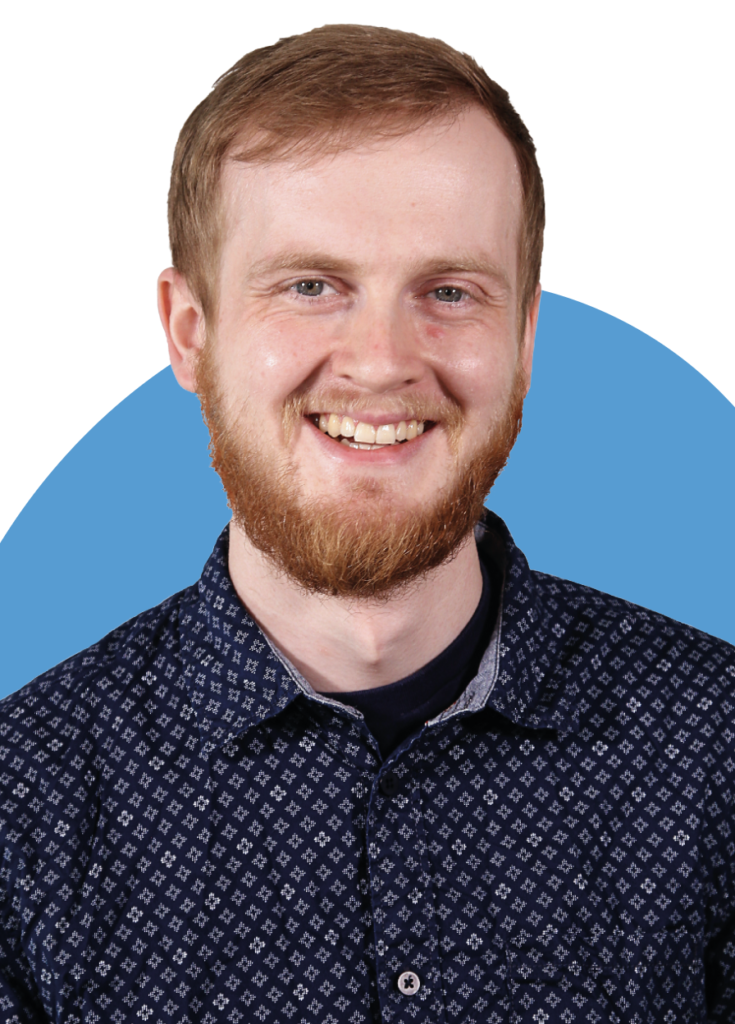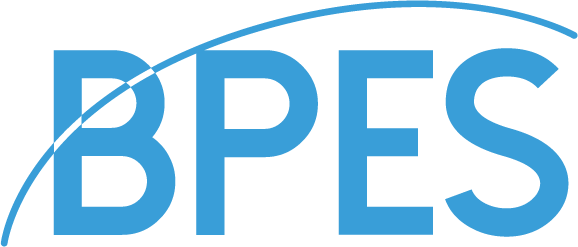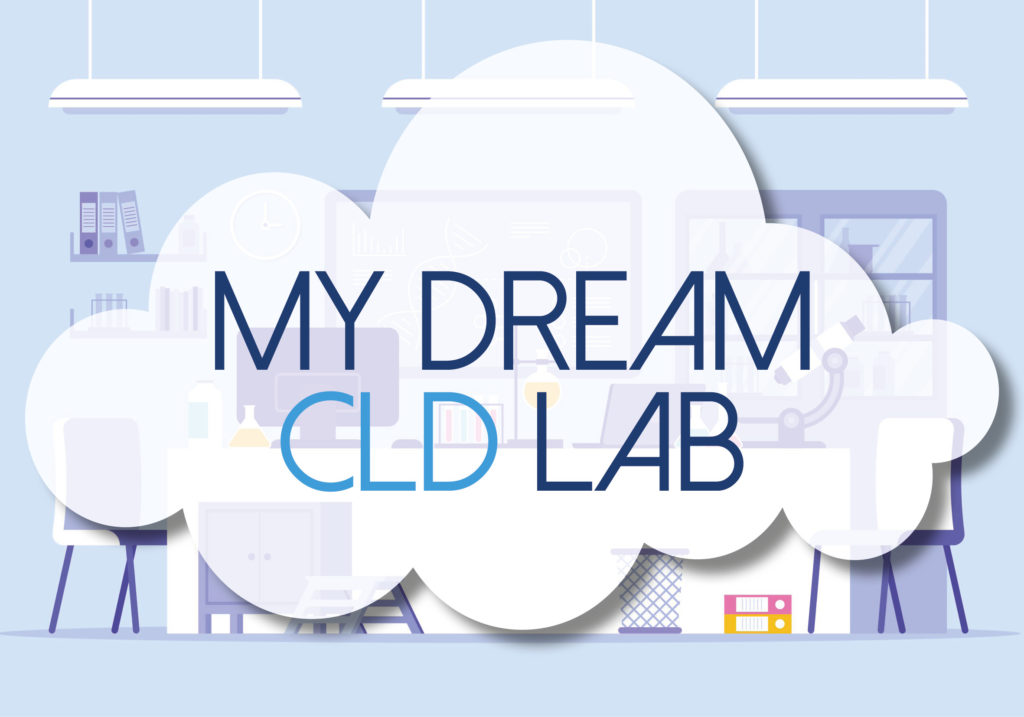
In the second instalment of our new ‘Inside BPES‘ series, Liam Flanagan, Applications Specialist, discusses all things BPES and CLD!
How did you get into your role at BPES?
“Do you want the actual answer or do you want the made-up answer? Because the actual answer, which even Tom doesn’t know, is that I was interviewing for a job with one of our customers through a recruitment agency. I didn’t get that job and the recruiter said, ‘you’re good on the phone. Do you want to go for this job?’ And I was like ‘you know what? Why not?’, that’s the actual answer. But it’s probably best not to put that on LinkedIn!
It’s kind of funny, when I go to teach that customer they’re like, ‘Hey, we interviewed you, didn’t we?’ And I’m like, ‘Yeah, you did’. I must say I’m glad they didn’t go for me because I love my job now.”
What is your favourite thing about your role as an Applications Specialist?
“Getting to see all the different labs all over the country, traveling around. I absolutely hate being stuck behind a desk. Even though the days are long and sometimes difficult, it’s much better than doing a 9-5 behind a desk.”
What is it about your role that you really like getting your teeth stuck into?
“The problem-solving. Because most of the time if people come to me, it’s because they have a problem. Problem-solving is one of the things I definitely enjoy. Every customer is different, so it’s nice seeing what things people are doing differently and being able to help them out.”
What were your roles before BPES?
“I did four years at Cardiff University studying Biomedical Science and as a part of my degree, I had a year out in industry where I worked for a Cancer Research UK lab.
After graduating from University, I spent a few years doing basic cell line development work. My main project was focusing on antibody production in CHO and HEK cells which I did for two years. After that, I spent another two years doing microbial fermentations in small-scale bioreactors for pharmaceutical/pharma school production.”
What would you say are the greatest challenges CLD labs face?
“Everything cell line development takes ages. Cell line development labs are overworked, understaffed, and do not have enough time in the day to do everything. And that’s excluding all the contamination issues with everything dying and then setting them back a month. I’d say that’s an issue. Also, biology doesn’t work about 50% of the time if not more. So many people we work with now, you can get to the end of a project with them and it just hasn’t worked. That’s three months gone. It can be frustrating.”
Why do you think CLD work is important?
“Well, we’d still have a lot more COVID if it wasn’t for cell line development; you wouldn’t have any biopharmaceuticals if it wasn’t for cell line development! Even the cell line development work I did was a long, long way off from GMP production, but it’s still one of the first steps you need to do before you can even get to that point.”
What does the future of CLD have in store?
“Honestly I couldn’t possibly predict that, only because everything just seemingly comes out of nowhere. It will likely just be that a random research lab in a random University will discover something cool. That then just changes everything for a lot of people. There’s obviously a big push towards consumables going on at the moment, and single-use consumables, but I think that’s gonna have to dial back because of environmental concerns. There’s a fine line between using all of this single-use so that you don’t ruin your process but not using too much because it’s very expensive and you don’t want to kill the planet that quickly.”
Want to find out more about the BPES team? Discover our ‘Inside BPES‘ series today!


